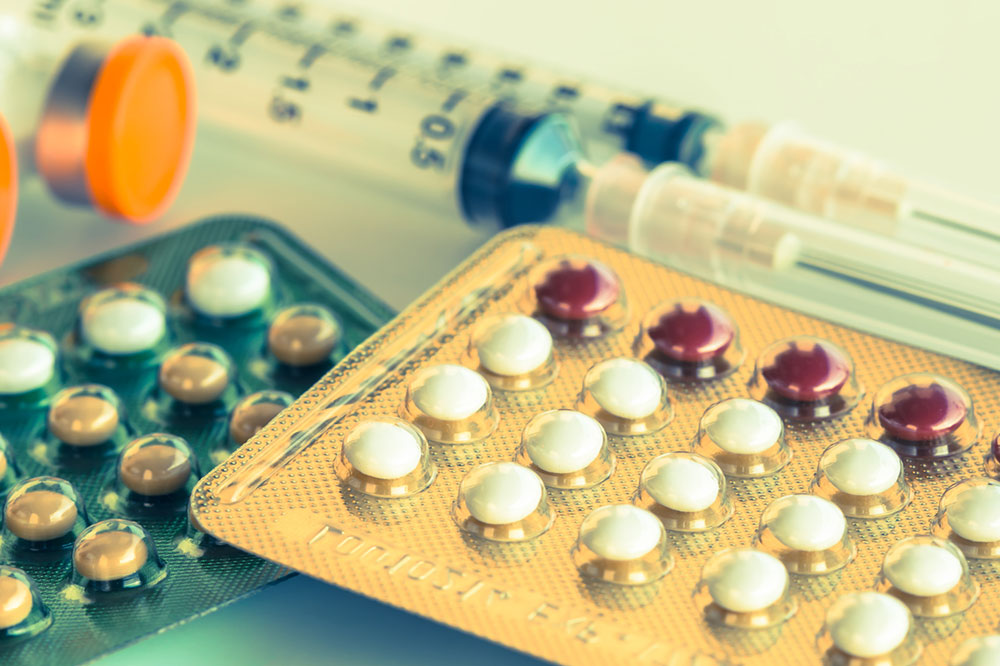
The Differences Between the Birth Control Pill vs. Birth Control Shot
There are several options of contraceptives that women can choose to use, and among these, birth control pills and the birth control shot are quite popular. Both these are very effective in preventing unplanned pregnancies. In this article, we discuss the various advantages of a birth control pill vs. birth control shot, and the side effects of each method.
Birth control pill vs birth control shot
Birth control pills: These pills contain hormones that, in addition to preventing pregnancy, can also be used to treat conditions such as heavy periods, acne and to relieve the symptoms of certain reproductive issues in women. There are two types of pills: progestin-only pills and combination pills that contain both progestin and estrogen. When taken as advised by the doctor, these pills can be up to 99% effective in preventing pregnancy. You will return to your normal period cycle immediately after and they do not offer any protection against sexually transmitted diseases (STDs).
How does it work: Combination pill packs contain 3 weeks of medication or active pills and a week of inactive pills to allow for periods. Progestin-only packs contain 28 days of active pills and you might get a period during the fourth week. Both these types of pills work in the following way to prevent pregnancy. Firstly, the hormones in the pill prevent the ovaries from releasing the eggs. The other way is where they increase the build-up of mucus near the cervix, stopping the sperm from reaching the egg. The hormones could also thin the uterine lining preventing the fertilized egg from taking hold.
Side effects: These side effects tend to ease within 2-3 months after you first take the pill. If there is no change even after a couple of months, it is vital to consult a doctor.
- Breast sensitivity, tenderness or swelling
- Nausea or vomiting
- Bleeding in between periods also known as breakthrough bleeding.
Birth control shot: The birth control shot is a hormonal injection of progestin. It can prevent pregnancy for up to three months at a time. If you get the shot as directed every three months without delay, this form of contraceptive will be 99% effective in preventing pregnancies. It should be noted that you might not be able to get pregnant for up to 10 months after you stop taking the shot. The method also does not offer any protection against STDs
How it works: A birth control shot works in the same way as the pill, preventing the release of the egg and causing mucus build-up near the cervix.
Side effects: These side effects are more or less the same, making it tougher to decide between a birth control pill vs. a birth control shot. Here are some of them below.
- Weight gain or change in appetite
- Nausea
- Mood changes
- Headache
- Irregular periods or increased spotting or breakthrough bleeding
- Tender or sore breasts
Now that you know about the workings, advantages, and side effects of a birth control pill vs. birth control shot, you can talk to your doctor to clear any queries and questions you may have. If you do pick an option that you are not comfortable with, you can always change to something else after consulting your doctor.


